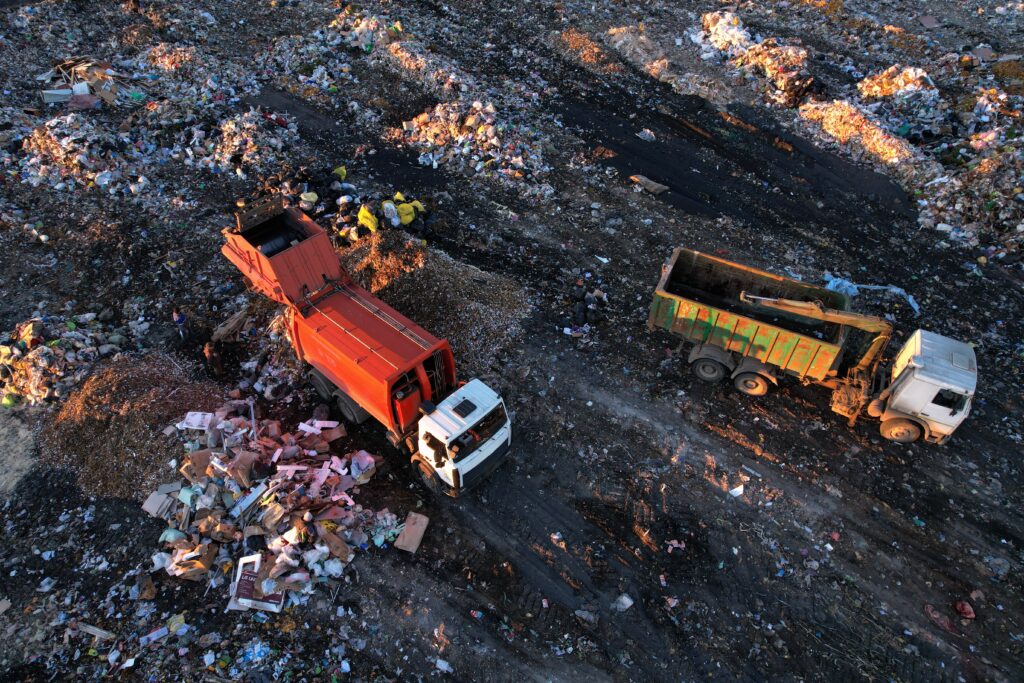All four UK nations have announced that they will introduce a DRS by 2025, with the Scottish scheme set to launch next year.
Scotland and Wales will include aluminium, glass, plastic and steel containers in their DRS systems, but England and Northern Ireland will exclude glass.
However, Kerry Morrison, head of retail at GS1 UK, said in a wide-ranging interview with letsrecycle.com: “There will always be a divergence or slight divergence within deposit return schemes, whether that is materials [now] or whether that is materials in the future.
“If we look at what’s included already, we’re looking at drinks essentially. But then in 10 years and 15 years, there may be further diversions.”
Factors such as “different targets and different levels of pollution” will play a role in which materials each nation includes in future, Ms Morrison suggests.
Businesses must ensure they set themselves up for “success now and success further down the line”, Ms Morrison says, as new packaging formats and new products consumed on-the-go means the DRS will “more than definitely evolve over time”.
GS1 an international, non-profit organisation which develops and maintains standards for barcodes, among other things. Its members in the UK include retailers such as Asda, Sainsbury’s and Tesco and manufacturers such as Coca-Cola, Danone and Mars.
(above) An interview with Kerry Morrison, head of retail at GS1 UK, about the future of the DRS
Scotland
Though some in the industry have expressed concerns, Ms Morrison told letsrecycle.com that Scotland launching its DRS first “doesn’t necessarily need to be a challenge in any way”.
“It gives them the opportunity to start the ball rolling and start almost overcoming some of the initial solutions and barriers before we go nationwide with DRS,” she said.
“I think that the biggest ‘watch out’ for industry is making sure that when the deposit return scheme is being introduced, it’s being introduced in a way that is future-proofed.”
Members
Ms Morrison told letsrecycle.com that GS1 UK had recently held meetings between its members so they could talk in a “safe, non-competitive space” about the challenges the DRS poses.
“What they are looking for is something that’s going to work consistently and something that’s going to work today and in five years’ time and ten years’ time, because it’s a huge change for businesses,” Ms Morrison said.
“This is going to be one of the biggest changes to recycling that we’ll see in a generation, so businesses are only going to want to do that once.
“They’re not going to want to do the 2025 scheme and then replace it with the 2035 scheme or the 2030 scheme.”









Subscribe for free